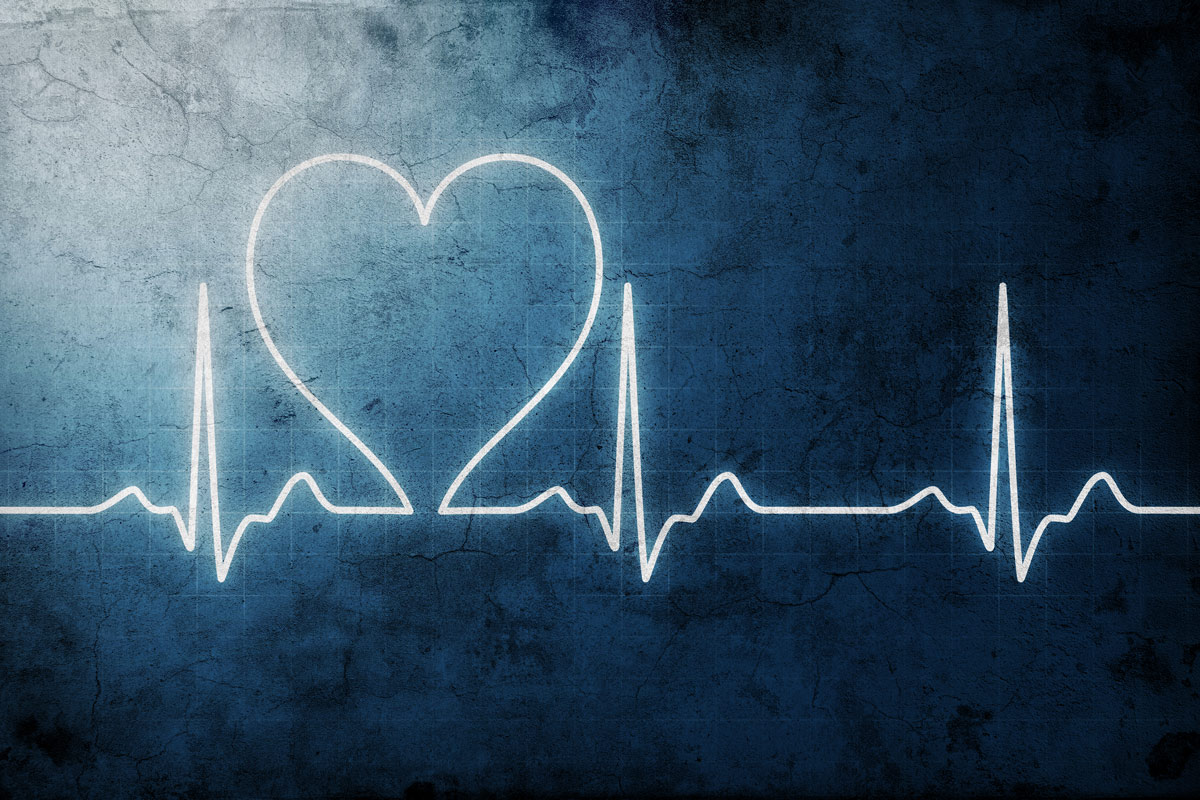
Listen to Your Heart: An Irregular Beat Could Point to Atrial Fibrillation
Some 2.7 million Americans are living with a condition called atrial fibrillation. In fact, you might be one of them and not even know it.
Atrial fibrillation, also called AFib or AF, is a condition in which the upper chambers of the heart beat irregularly.
Called an arrhythmia, an irregular heartbeat – often described as a “quivering” or “skipping” sensation – can lead to blood clots, stroke, heart failure and other heart-related complications.
It is estimated that one in five people will develop atrial fibrillation at some point in his or her life.
“This incidence is projected to increase in the future,” says Dr. Jeremy Lum, cardiologist at Straub Medical Center.
“This may be due to people living longer,” Lum explains. “Also, some of the risk factors for atrial fibrillation are becoming more common, such as obesity, hypertension and sleep apnea.”
According to Lum, there is a wide spectrum of symptoms associated with AFib, including:
- Chest pain.
- Heart palpitations.
- Shortness of breath.
- Fatigue.
- Lightheadedness.
“However, sometimes people can have atrial fibrillation and have no symptoms at all,” Lum states.
There are many risk factors for atrial fibrillation, including:
- Hypertension.
- Obesity.
- Obstructive sleep apnea.
- Heart disease.
- Prior heart surgery.
- Thyroid disease.
- Pulmonary disease.
“The incidence of atrial fibrillation increases with age, and there are genetic predispositions as well,” Lum adds. “Some people have atrial fibrillation and have no risk factors.”
To lessen your risk of AFib, Lum advises the following preventive steps:
- Maintain a healthy weight.
- Eat a heart-healthy diet rich in vegetables, fruits, whole grains and lean protein.
- Exercise at least 30 minutes a day, most days of the week.
- Reduce stress levels.
- Manage high blood pressure and cholesterol.
- Quit smoking.
- Know your risk factors and seek treatment for other health conditions.
“Avoid major risk factors – mainly obesity, diabetes, hypertension, sleep apnea and heart disease,” Lum says, noting that one major consequence of atrial fibrillation is stroke.
“AFib can increase your risk of a stroke significantly,” Lum states. “Many people (with AFib) are on anticoagulation therapy to prevent strokes. In addition, there are new procedures we are doing that decrease your risk of a stroke and avoid the need for taking anticoagulation medications long-term.”
Other treatment options for AFib can include medications, as well as different procedures such as cardioversion, catheter ablation and pacemakers.
“There are many treatment options we can provide that can lessen the symptoms of AFib and avoid the consequences of AFib, such as a stroke,” Lum says. “If someone has AFib, I would recommend they see a cardiologist or electrophysiologist.”
Published on: April 26, 2016




